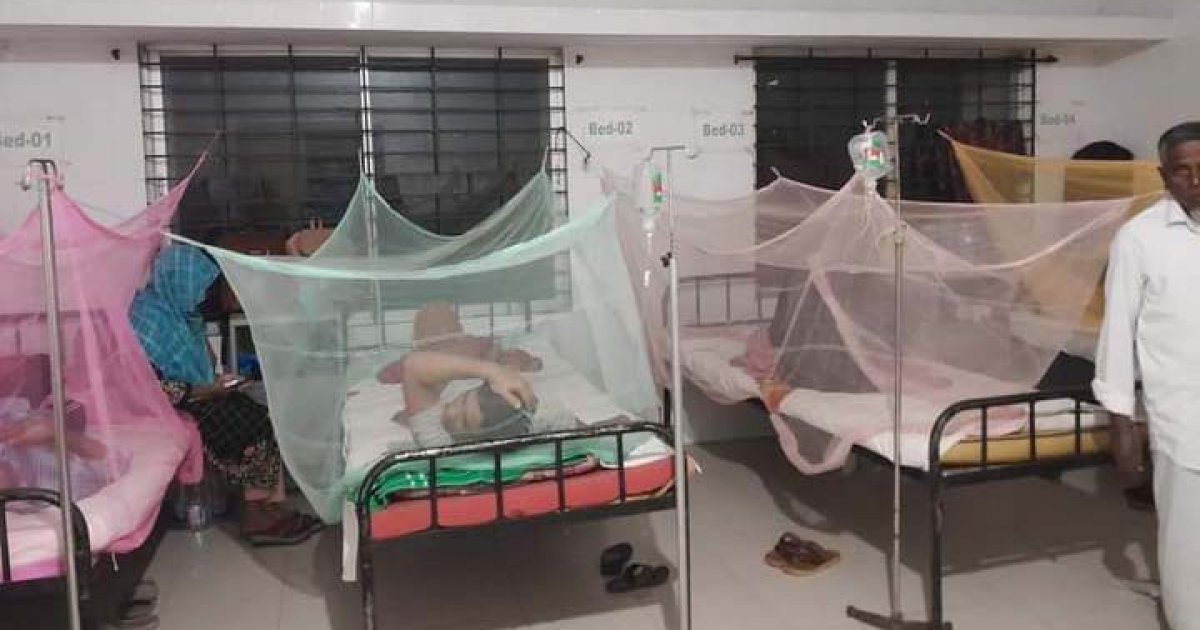Revolutionizing Science Education with AI Research Robots
The post Revolutionizing Science Education with AI Research Robots appeared on BitcoinEthereumNews.com. Dr. Benji Maruyama, an esteemed researcher at the Air Force Research Laboratory (AFRL), is on a mission to democratize and revolutionize science education using open-source autonomous experimentation software. Maruyama and his team are collaborating with industry and academia to bring their Educational ARES OS (Autonomous Research Experimentation System) to public school classrooms nationwide, nurturing the next generation of young scientists. Educational ARES OS Educational ARES OS is a self-driving research platform that seamlessly integrates automated robotics with artificial intelligence (AI) algorithms. This groundbreaking software conducts experiments independently, records results, and devises the next steps to address research questions or solve problems. It builds upon the success of the original ARES open-source software introduced in 2021, which is available for free download to the public. AI research robots for all Maruyama emphasizes the importance of making AI research robots accessible at a low cost to support AFRL’s ambitious goal of expanding research efforts exponentially. He firmly believes that science should be inclusive and accessible to everyone, starting from a young age. By introducing students to autonomous experimentation early, ideally by middle school, Maruyama hopes to shatter the perception that science is exclusive or unattainable for certain individuals, ultimately leading to a more diverse scientific community. Empowering educators with AI One of the key objectives of the Educational ARES OS project is to empower educators with the tools they need to teach STEM (Science, Technology, Engineering, and Mathematics) effectively. By providing a complete curriculum aligned with state standards, Maruyama aims to alleviate the burden on teachers, particularly those in underfunded school districts. The goal is to enable educators to seamlessly integrate autonomous experimentation into their classrooms, enhancing the learning experience for students. Affordable DIY robotics Maruyama’s vision extends beyond software; it includes hardware accessibility. With a budget of approximately $300, a schoolteacher…

The post Revolutionizing Science Education with AI Research Robots appeared on BitcoinEthereumNews.com.
Dr. Benji Maruyama, an esteemed researcher at the Air Force Research Laboratory (AFRL), is on a mission to democratize and revolutionize science education using open-source autonomous experimentation software. Maruyama and his team are collaborating with industry and academia to bring their Educational ARES OS (Autonomous Research Experimentation System) to public school classrooms nationwide, nurturing the next generation of young scientists. Educational ARES OS Educational ARES OS is a self-driving research platform that seamlessly integrates automated robotics with artificial intelligence (AI) algorithms. This groundbreaking software conducts experiments independently, records results, and devises the next steps to address research questions or solve problems. It builds upon the success of the original ARES open-source software introduced in 2021, which is available for free download to the public. AI research robots for all Maruyama emphasizes the importance of making AI research robots accessible at a low cost to support AFRL’s ambitious goal of expanding research efforts exponentially. He firmly believes that science should be inclusive and accessible to everyone, starting from a young age. By introducing students to autonomous experimentation early, ideally by middle school, Maruyama hopes to shatter the perception that science is exclusive or unattainable for certain individuals, ultimately leading to a more diverse scientific community. Empowering educators with AI One of the key objectives of the Educational ARES OS project is to empower educators with the tools they need to teach STEM (Science, Technology, Engineering, and Mathematics) effectively. By providing a complete curriculum aligned with state standards, Maruyama aims to alleviate the burden on teachers, particularly those in underfunded school districts. The goal is to enable educators to seamlessly integrate autonomous experimentation into their classrooms, enhancing the learning experience for students. Affordable DIY robotics Maruyama’s vision extends beyond software; it includes hardware accessibility. With a budget of approximately $300, a schoolteacher…
What's Your Reaction?












































